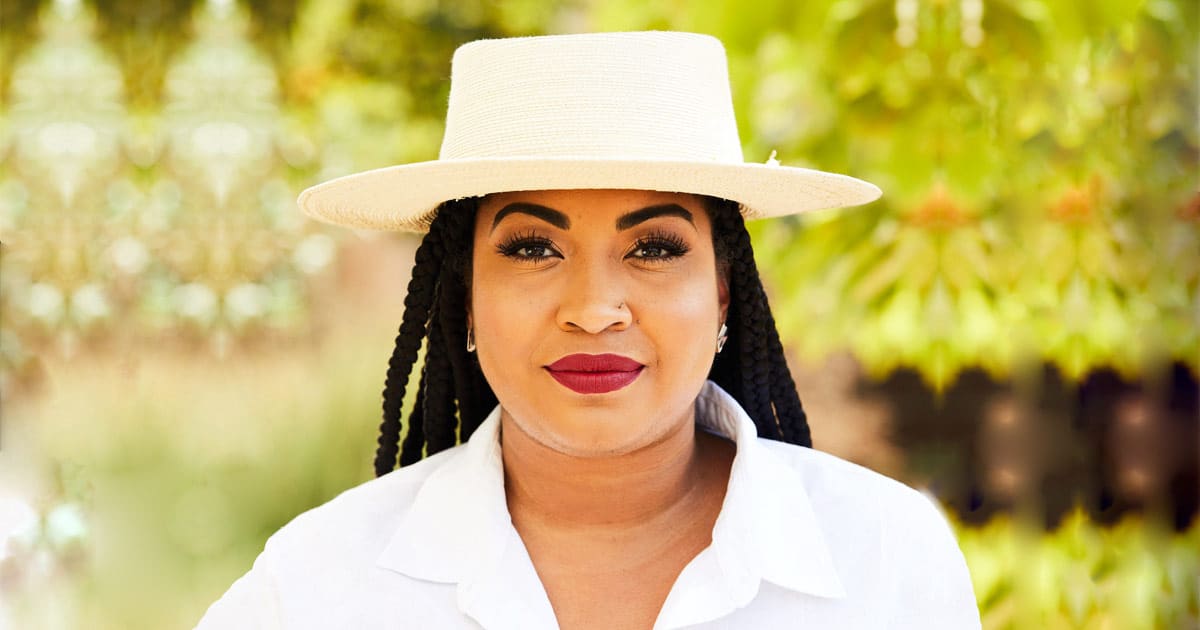
Rachel Cargle is a soft-spoken woman who offers a powerful challenge about what it means to be a white ally in the fight against racial injustice.
“Anti-racism,” she says, “cannot rest as a self-improvement space for white women” who do things like read to help them feel better about themselves. Ultimately, she says, real white allyship results in the improvement of Black lives.
So, how can we become such an ally?
Cargle, author of the forthcoming I Don’t Want Your Love and Light; curator of The Great Unlearning; and founder and president of the Loveland Foundation, Inc., offered a three-point framework to the Conferences for Women community, saying:
“I have discovered these three things must be part of the ways people move forward for allyship to be a genuine effort and meaningful attempt for what we are all going toward,” which, she added is to a “future that is not just diverse but inclusive, not just not racist but actively anti-racist.”
- Knowledge “Knowledge is a deep understanding that moves past feelings of I’ve gotten a little information. It involves not just learning but looking at who you are learning from,” she says. “We need to be listening to the voices of the people we are seeking to be in community with.”
She also suggests looking critically at what your children are learning about history to understand: “Who are they learning is good and bad, winner and loser, better and worse.”
- Empathy “We often think of empathy as ‘I see you, I hear you, I get what you’re going through.’ I have a much deeper interest in radical empathy—moving past the feeling of I see what you’re experiencing and really questioning ourselves by asking: ‘How do I play into that person’s pain? How does the way I’m existing affecting the way they’re existing?”
- Action.“This is the core of allyship,” says Cargle. “Showing up in tangible ways, refusing to make racism something that can be intellectualized.”
Intellectualism, through a limited focus on reading, documentaries and even education, is “a detriment to the movement because when you let it sit in your mind and don’t take action it negates what we’re doing.”
Allyship has to “move to the streets, homes, tangible spaces for us to see the fruit of work being done.”
Anti-racism work is not done until we prove that indeed Black lives matter.
Rachel Cargle spoke at the Massachusetts Conference for Women in December 2020. This article is based on her talk.